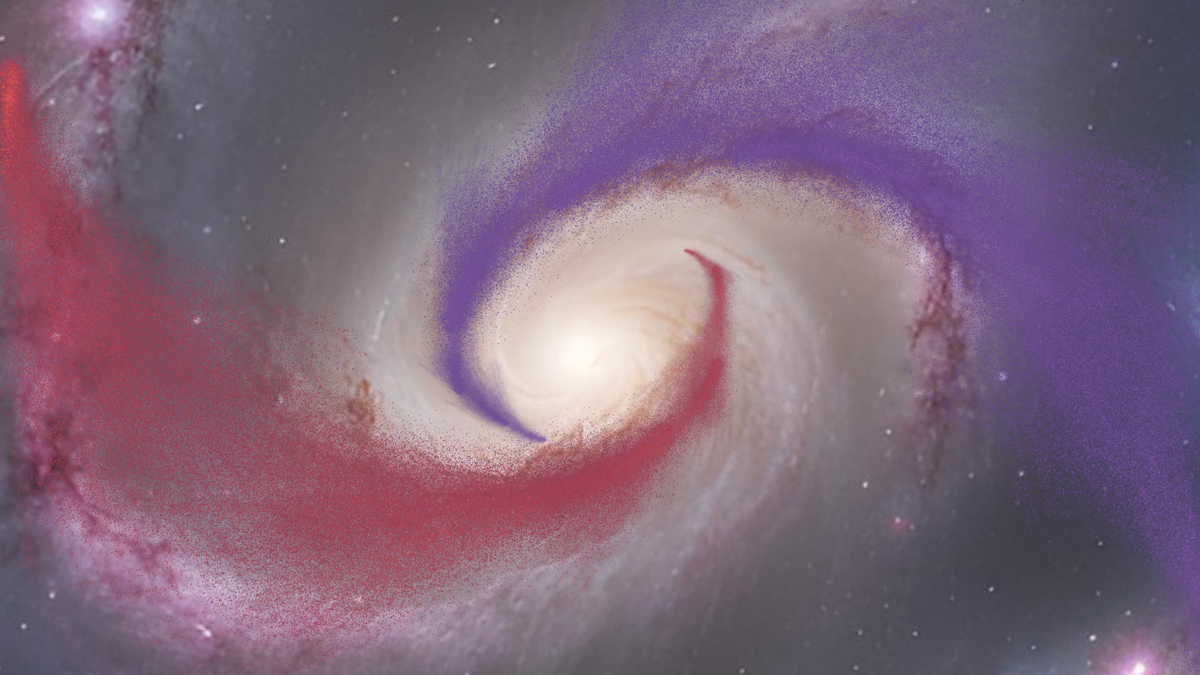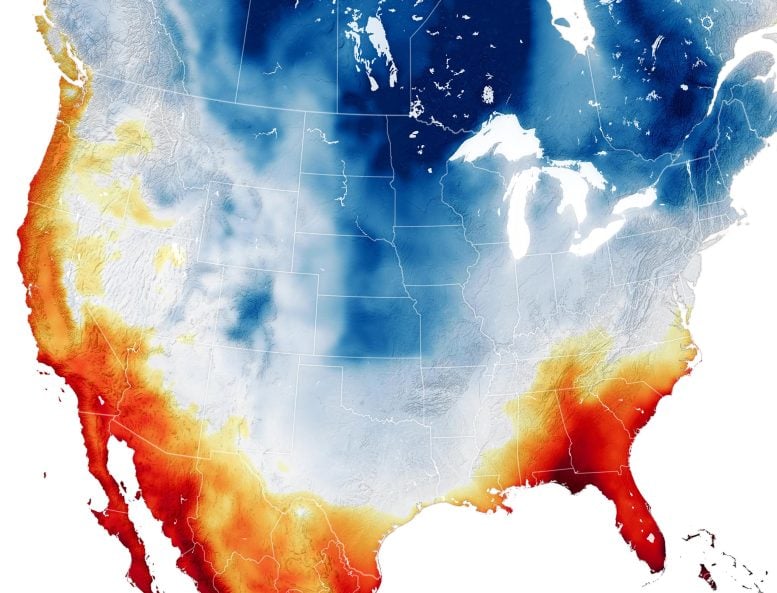Editors’ Highlights are summaries of recent papers by AGU’s journal editors.
Source: AGU Advances
Modulation of very-low-frequency (VLF) whistler mode waves in the audio frequency range by ultra-low-frequency (ULF) waves in Earth’s magnetosphere causes a modulation in radiation belt electron precipitation, which in turn affects ionospheric electron density. This can affect signal transmission from Global Navigation System Satellites (GNSS) like the Global Positioning System (GPS) to ground-based receivers, for example cell phones, which affects determination of spatial location.

Shen et al. [2024] present observations from the Time History of Events and Macroscale Interactions during Substorms (THEMIS) spacecraft suite and the GPS receiver at Fairbanks, Alaska (FAIR) that enable identification of the driver of GPS total electron content (TEC) modulation (integrated between the GPS receiver on the ground and GPS satellites), which affects both ground, sea, and air navigation. This component of space weather is enhanced during times of geomagnetic storms due to increased solar activity, causing GPS ‘blackouts’ with significant potential societal impact.
Citation: Shen, Y., Verkhoglyadova, O. P., Artemyev, A., Hartinger, M. D., Angelopoulos, V., Shi, X., & Zou, Y. (2024). Magnetospheric control of ionospheric TEC perturbations via whistler-mode and ULF waves. AGU Advances, 5, e2024AV001302. https://doi.org/10.1029/2024AV001302
—Mary Hudson, Editor, AGU Advances








Leave a Comment